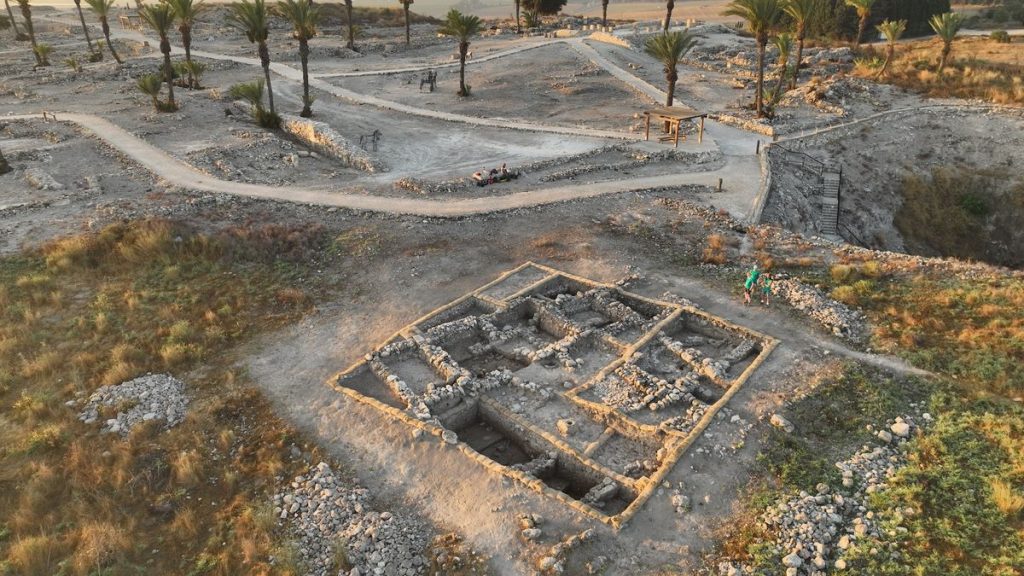Recent archaeological findings at the ancient city of Megiddo—identified as the site of the final battle “Armageddon” in the Book of Revelation—lend credibility to the biblical account of a confrontation between the Israelite King Josiah and the Egyptian Pharaoh Necho II over 2,600 years ago.
The Hebrew Bible and the Christian Old Testament report that King Josiah of the Kingdom of Judah engaged in conflict with Pharaoh Necho II at Megiddo around 609 B.C. Newly analyzed pottery fragments have confirmed the presence of Egyptian forces at Megiddo during that period, according to Israel Finkelstein, an archaeologist affiliated with the University of Haifa and Tel Aviv University.
Finkelstein, lead author of a study published on January 28 in The Scandinavian Journal of the Old Testament, shared that they discovered numerous fragments of Egyptian pottery alongside Greek pottery from a layer dating to the late seventh century, a time when Egyptian forces frequently utilized Greek mercenaries. The researchers identified the origins of these fragments by analyzing the clay type and stylistic features.
While these findings bolster the biblical assertion of Egyptian military presence at Megiddo during Josiah’s reign, they do not provide unequivocal evidence that Josiah himself participated in the conflict. It remains uncertain whether he succumbed to injuries sustained in a battle with the Egyptians or was executed as a vassal of Necho. Josiah’s demise is later depicted as a precursor to the fall of Jerusalem to the Neo-Babylonians in 586 B.C. under Nebuchadnezzar II, who destroyed the First Temple, commonly referred to as Solomon’s Temple.
Assaf Kleiman, a co-author from Ben-Gurion University, observed that the biblical accounts of the encounter between Josiah and Necho diverge, portraying it in two distinct manners—one as an execution and the other as a decisive battle. He remarked that while the Book of Kings was written closer to the time of these events, the Book of Chronicles was composed centuries later, suggesting that the Kings account may be more reliable.
Megiddo, located within a national park about 18 miles (30 kilometers) southeast of Haifa, has a storied history as a critical nexus for trade and military routes, having been occupied at various points by the Canaanites, Israelites, Assyrians, Egyptians, and Persians. The city has witnessed many significant battles, and its name has given rise to the term “Armageddon,” which conveys the concept of an ultimate confrontation prophesied in the Book of Revelation.
Debate continues among scholars regarding whether the incident between Josiah and Necho was an actual battle or an execution of Josiah as a subordinate ruler. Historian Jacob Wright from Emory University posited that Josiah likely traveled from Jerusalem to Megiddo to pay tribute to Necho but was subsequently executed for reasons that remain unclear. Both Wright and historian Reinhard Kratz noted that the Biblical record specifically refers to Josiah being “put to death” without reference to an actual battle until the later narrative in the Book of Chronicles.



